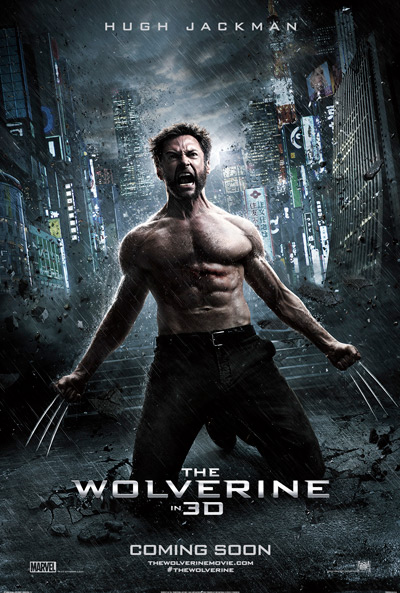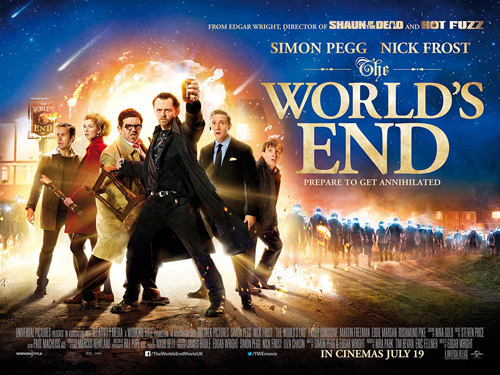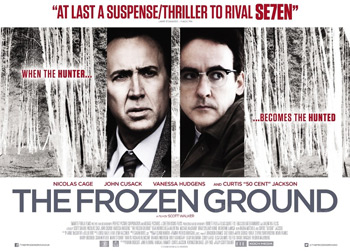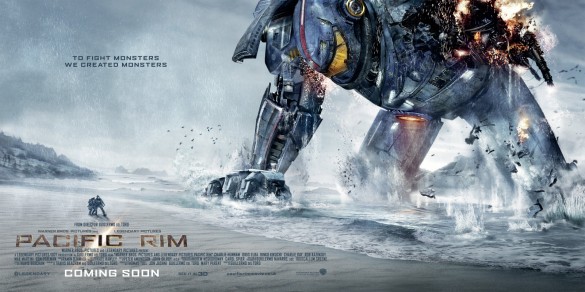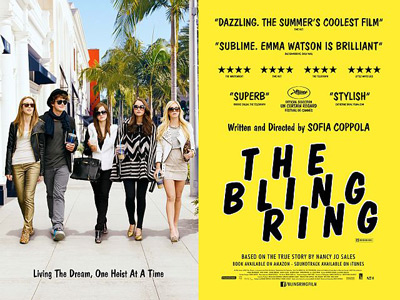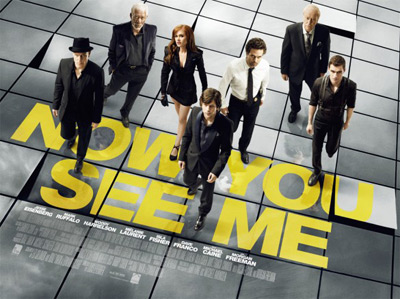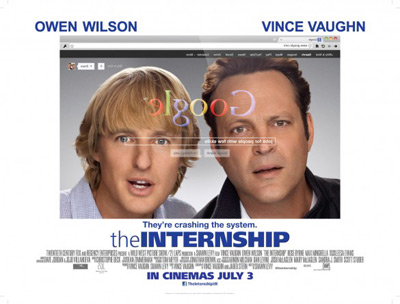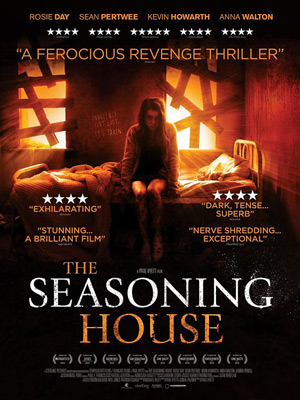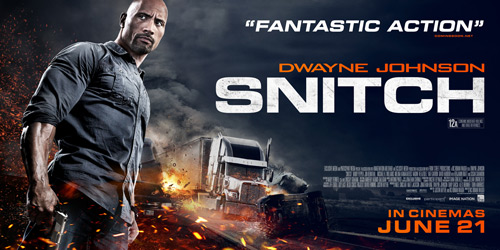The Wolverine ***
X-Men fans yearn for an improvement on X-Men Origins: Wolverine (2009), with more strength to their clawed hero. Director James Mangold and team may well have granted just that with The Wolverine, complete with some impressive action to boot, as well as a more vulnerable Wolverine (Hugh Jackman) who is more intriguing to watch.
Comic-book fans will recognise the new Wolverine movie setting as based on a 1982 comic story, where Wolverine is reunited with the man who rescued him from the Nagasaki bombing, dropped at the end of World War II. Mangold has changed things around a bit, but the Japanese setting is initially an exciting one to contemplate.
Indeed, the new film is Jackman’s finest performance yet. Here, he’s both a tower of strength, neatly dispensing with baddies while fighting Wolverine’s weaker human side that is holding him back from being the protector. Jackman doesn’t need to go way over to the dark side again as in the 2009 film. In fact, there is less evidence of this, contrary to what Mangold suggests.
The director still gets the character but his approach is somewhat too orderly in the events of the film. Perhaps this is partly due to the clinical Japanese setting where all set pieces are precisely choreographed and shot with rich, colourful production values, making the whole affair feel like a finely tuned Kung Fu movie. This isn’t necessarily a bad thing in parts and is quite invigorating. However, things get a little confused as we get a dab of Japanese RoboCop thrown in. To add to the increasingly bizarre mix are the soft-focused visits to Wolverine from former squeeze Jean Grey (who died in X-Men: The Last Stand) – basically Famke Janssen in her nightwear whispering persuasive thoughts to her man beast to let it all go. The latter serves as a nice fantasy for some but visually does little else for the plot and throws proceedings off track.
There are some great Wolverine action sequences worth the ticket price, including Wolverine on a Japanese bullet train, taking bullets at a funeral, and being ensnared by ninja arrows like a hunted animal. This certainly shows off all of Jackman’s iron-pumping work in set pieces that appear very demanding indeed. As a result of this, there is a deeper respect for what Jackman is trying to achieve with his character – he literally gives it is all, and then some.
Mangold both gives and takes with The Wolverine, providing the platform for Jackman to go one stage further with the X-Men character while being almost nonchalant with the material that he forgets to indulge in the comical aspect that is missing, as in previous X-Men standoffs. There is a little too much Japanese culture cliché as well, that it feels like an altogether different film, one Wolverine has stumbled into. Still, stick around for the end credits for the finale highlight that guarantees to peak the excitement level.
3/5 stars
By @FilmGazer

